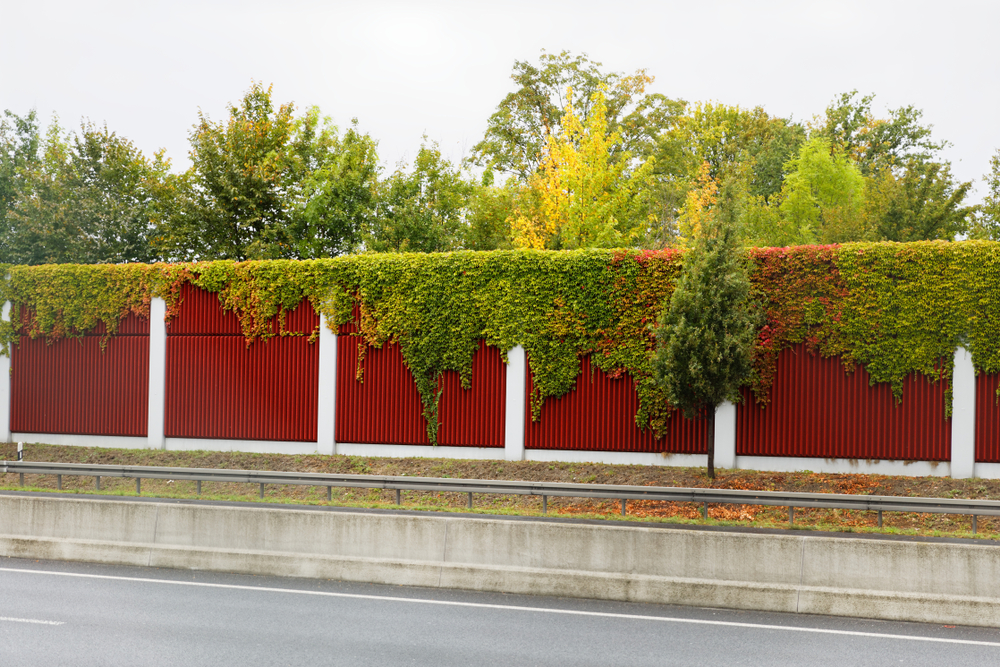The best fence for noise reduction depends on various factors, including the level of noise you want to mitigate, your location, budget, and aesthetic preferences. While no fence can eliminate all noise, some types of fences are better at reducing noise levels than others. Here are some fence options to consider for noise reduction:
- Solid Wood or Vinyl Privacy Fence: A solid fence, such as a wood or vinyl privacy fence with no gaps between the panels, can provide effective noise reduction. These fences block sound waves and create a barrier that reduces the amount of noise that reaches your property.
- Composite Fencing: Composite fencing, made of a combination of wood fibers and recycled plastic, can be an effective noise-reducing option. It offers the durability of vinyl with a more natural appearance.
- Masonry or Concrete Wall: A masonry or concrete wall, such as a block wall or stucco-covered wall, can provide excellent noise reduction. The mass and density of these materials absorb and block sound effectively.
- Living Fence or Hedge: A dense hedge or living fence made of tall shrubs or trees can help absorb and deflect sound waves. However, this option may take longer to establish and may require ongoing maintenance.
- Sound Barrier Fence: Some manufacturers offer specialized sound barrier fences designed specifically for noise reduction. These fences are engineered with sound-absorbing materials and construction techniques to minimize noise transmission.
- Double-Layer Fence: A double-layered fence consists of two fences with a gap in between. The gap between the two fences helps trap and dissipate sound waves, reducing noise. This approach is sometimes used near highways or other noisy areas.
- Add Noise-Blocking Materials: Regardless of the fence type, you can enhance noise reduction by adding acoustic materials to the fence’s interior, such as mass-loaded vinyl, foam insulation, or other sound-absorbing materials.
- Proper Installation: Ensure that the fence is properly installed with no gaps, weak points, or sound leaks. Proper installation is crucial for maximizing noise reduction.
- Landscaping: Combining noise-reducing landscaping elements, such as bushes, trees, and tall grasses, with your fence can provide an additional barrier against noise.
When selecting a fence for noise reduction, it’s important to consider your specific noise concerns and the level of noise you want to address. Keep in mind that noise reduction fences are most effective when they are tall, solid, and properly maintained. Consulting with a fencing professional or acoustic specialist can help you choose the best noise-reducing fence for your situation and budget.



